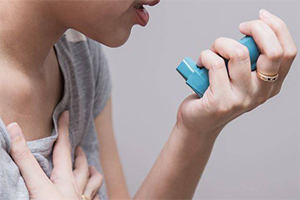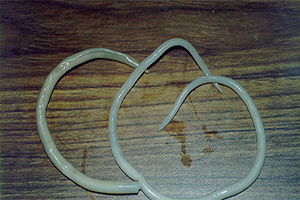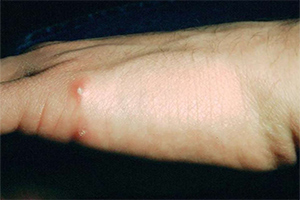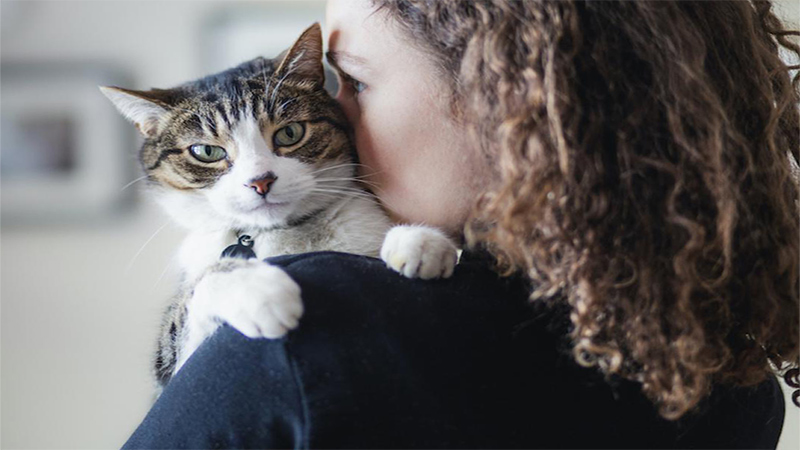Cats are great pets, and you can enjoy being a cat owner for much more fun. This energetic creature knows how to give you space. Although cats are harmless like many other animals, they also carry diseases. Cleaning the kitty is essential daily. Cat's urine and feces have a lot of harmful bacteria in them. They can cause serious health problems. Cats and their feces can lead to many severe infections in humans. Some of them are discussed below:
Related Topics You Might Like:
Products Related To Topic
"(Paid Links)" ▶ As an Amazon Associate, We earn from qualifying purchases.
Side effects of cat's urine
A cat's urine is made up of water, and certain chemical compounds are present in the body, one of which is ammonia. Most of the people have ammonia sensitivity; therefore, cat urine can trigger allergy symptoms and asthma attacks. Ammonia in the cat's urine has a strong odor that can irritate the throat, nose, and eyes. In people with sensory issues, it can cause a severe headache.
Diseases caused by the Cat
Toxoplasmosis
It is a disease caused by the parasite Toxoplasma Gondi that is found in the garbage of outdoor cats; this parasite is harmful to the pregnant ladies. This parasite can cause severe injuries to the unborn child by entering the mother's body. It can also lead to miscarriage. These diseases include jaundice, eye problems, mental retardation, and deafness. Pregnant ladies can avoid this parasite by using gloves when changing the litter in the litter box.
Asthma
Cat urine does not cause asthma; the ammonia in the cat urine triggers the asthma attack. People with asthma problems should take extra care while cleaning the litter box. You must wear gloves and masks to prevent ammonia entering your system.
Lung Irritation
People with healthy immune systems have no effect on ammonia on their health.

But the people's weak immune systems can face lung irritation if he has long-term exposure to the ammonia. People having lungs problem can face coughing and difficulty breathing, even breathing in a small amount.

Hookworms and roundworms
Cat stools can contain hookworm and roundworm eggs that can infect humans. For instance, a person who walks barefoot in sand contaminated with cat faeces can contract hookworms through their skin. Cat roundworms accidentally consumed by humans can infect their internal organs and eyes.
Around 700 Americans—mostly children—lose an eye's vision every year as a result of this condition. Pets are typically not permitted at beaches due to these zoonotic parasites, and children's sandboxes must be covered when not in use. Every day, dispose of cat waste in the yard and litter box. to avoid zoonotic infections with feline hookworm and roundworm.
Ringworm
Unrelated to worms, ringworm is a skin condition that can spread from cats to people. Instead, a dermatophyte fungus causes ringworm, which gets its name from the way it makes people's skin lesions circular. Cats with ringworm typically have scaly, bald patches of skin. The environment or other infected cats can spread the fungus to a cat. In some cases, the disease in cats needs oral and topical medication as well as environmental decontamination. Call your doctor if a family member develops skin lesions after being exposed to your cat's ringworm.
Cat scratch disease
People who are scratched by cats carrying the bacteria Bartonella, which is found in flea dirt brought on a cat's claws, can develop cat scratch disease. A fever and swollen lymph nodes can develop in the infected person. Immunocompromised individuals are susceptible to severe disease. Despite carrying this bacteria, 40% of cats are healthy.

Always thoroughly wash cat scratches under running water and soap. Effective flea control can reduce the likelihood that cat scratch disease will spread from cats to people; without fleas, cats won't be able to harbour the bacteria on their claws. Ask our Just Cats Clinic staff what flea prevention method is best for your cat.
E-Coli bacterial infection
It is a commonly known bacterium that is responsible for various diseases; it can affect the digestive system of humans and animals. If these bacteria enter your order through cat feces, then it can cause severe abdominal cramps and diarrhea. You can treat this infection by using anti-biotic.

